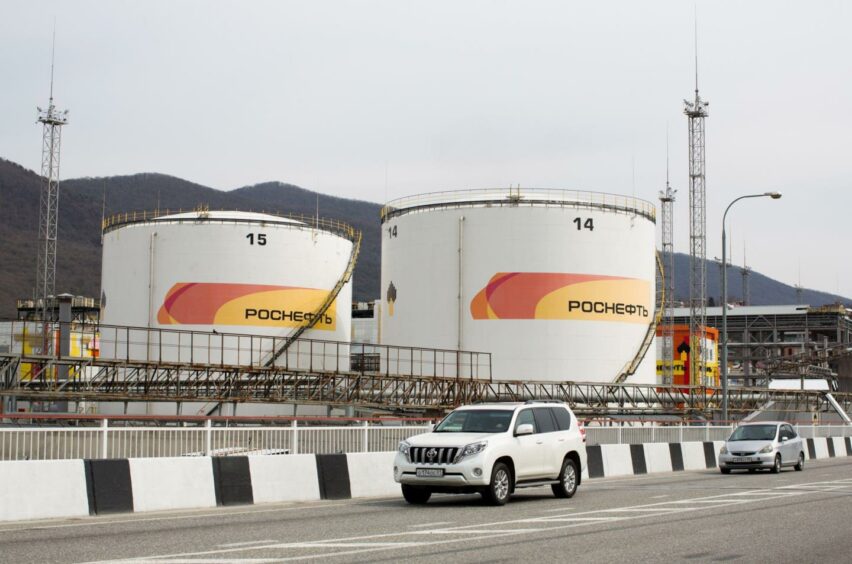
There is general consensus amongst analysts that oil giant BP will face an uphill struggle to find a buyer for its stake in Rosneft.
Governments across the globe have condemned Russia for its invasion of Ukraine last week and have responded by rolling out sanctions against the Kremlin.
Many are also looking to cut ties with the country and are exploring ways to reduce their dependence on Russian oil and gas.
It leaves a short list of actors that may be willing to relieve BP (LON:BP) of its 19.75% in state-owned oil company Rosneft.
The London-listed supermajor announced on Sunday evening that it would offload its share in Rosneft as a result of Russia’s “act of aggression”.
It sparked a chain reaction and within a matter of hours Shell, Equinor and TotalEnergies had followed suit by announcing plans to walk away from the country.
BP said extricating itself will incur charges of up to $25 billion – shares in the company dipped sharply following the announcement.
Potential suitors
The focus now will be on whether or not BP can find a candidate for its increasingly toxic stake in Rosneft.
As investment manager at Brewin Dolphin in Aberdeen Stuart Lamont points out, “finding a buyer will be very tough and there is the further risk of expropriation”.
But while the list of potential suitors is short, it is not barren.
Bloomberg recently reported that BP may seek to sell its stake in Rosneft back to the state-controlled explorer at a huge discount, viewing it as the most realistic option.
Meanwhile relations between Russia and China have been growing ever stronger.
And as Western economic sanctions start to bite, it is likely that the Kremlin will pivot to the East to offload its oil and gas.
Russ Mould, an investment director at AJ Bell, said: “Qatar already has a stake in Rosneft, the Chinese might like one and perhaps a state-backed Russian entity could get involved. It may also be that BP’s plan to move away voluntarily leads to a better outcome than a worst-case scenario of having Russia retaliate and simply seize the asset, although the price received from any sale will be the subject of great interest.
“No doubt politicians will be watching who acquires the stake and shareholders will be looking at the price, since BP is obliged to try to get the best possible value for its holding. At the same time selling an asset that it clearly feels would do reputational damage and may not be worth the long-term trouble of owning it could well mean they are prepared to accept a cut-price and take a book loss.”
Asia the likely destination
Philip Andrews-Speed, senior principal fellow at the Energy Studies Institute, National University of Singapore, agreed that China could be the likely destination for the Rosneft stake.
He told Energy Voice that Chinese national oil companies would “love to get a share of at least some of these assets”, but that Saudi Aramco and ADNOC may “also seek a bite” – there could even be interest from an Indian company.
Mr Andrews-Speed said: “Russia may not want to let China take all of the assets, as ExxonMobil and OMV may also decide to divest.”
Irrelevant of who decides to snap up BP’s share in Rosneft, if indeed anyone does, it seems certain that bids will come from one continent.
“Just about everyone outside Asia is prohibited from buying these stakes,” says Alasdair Macleod, head of research at Goldmoney, a financial services company based in Toronto.
“China could buy them,” he said, but “if I was a director of either BP or Shell I would hope that the Ukraine situation will blow over, Putin comes to his senses or be replaced, and the Russian partnerships can then continue”.
Losses an inevitability
Whether BP is able to sell its stake in Rosneft or simply has to give it back for free and walk away, the company will likely make a loss.
Its top brass may still feel this is the best outcome though “given the geopolitical climate, risk of Russian economic action and the time and effort involved in managing the stake and the relationship”, Mr Mould said.
It is unlikely that the situation will end there though, and the could still be “long-term consequences” of BP’s decision to put “principle before profit”.
Mr Mould added: “That 20% share of Rosneft’s production will end up with a new owner. At a time when energy security is becoming a bigger and bigger issue the identity of the new owner could yet have ramifications for supply to the West.”
A boost to ESG?
Fortunately, a company the size of BP will be able to take the financial hit that offloading its Rosneft stake is expected to deliver.
Therefore there are those asking, “is this really a major issue for BP?”
Jamie Maddock, equity analyst at Quilter Cheviot, says that in exiting from Rosneft – which was excluded from the supermajor’s net zero targets – there is an argument that BP has sharpened its ESG credentials.
This “improved perception” could “go some way” to offsetting the lost dividend income stream.
Mr Maddock added: “Furthermore, the positive macroeconomic backdrop combined with the upside risk to oil prices owing to reduced OPEC spare capacity, which will be made worse by Russia’s diminished production, will offer some mitigation to the earnings loss associated with Rosneft.
“Then there’s also the wider implications for the remaining business. While Rosneft was previously contributing a significant part of BP’s reported earnings and production, 12% and 33% respectively, the dividend income stream was the key contribution.
“As a result, earnings downgrades due to the Rosneft contribution loss will be significant, as will reported production and booked reserves, though the cash flow impact and the basis for BP’s distribution policy will be more modest.”
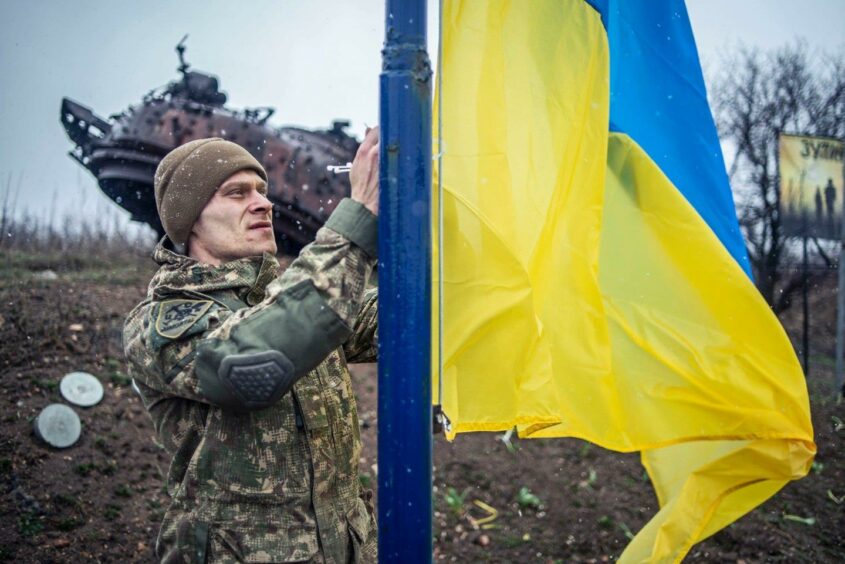 © EyePress News/Shutterstock
© EyePress News/Shutterstock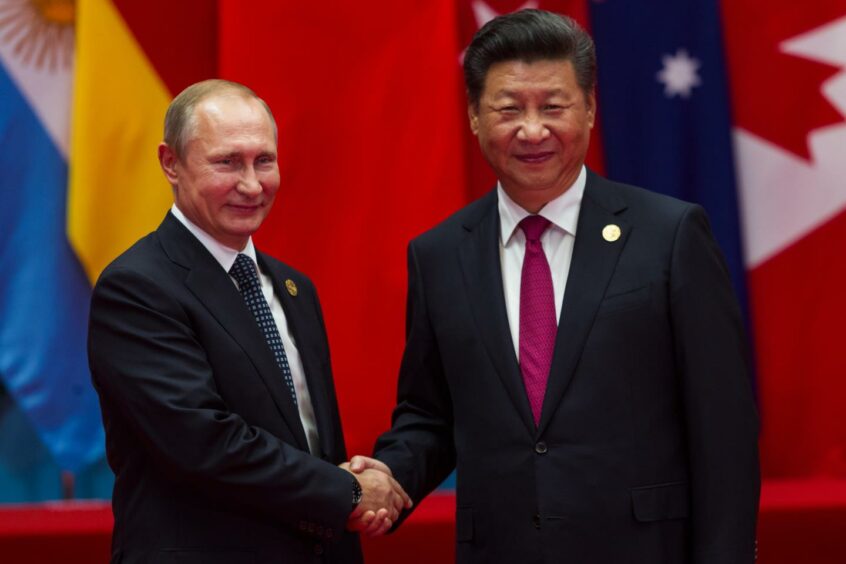 © Shutterstock / plavi011
© Shutterstock / plavi011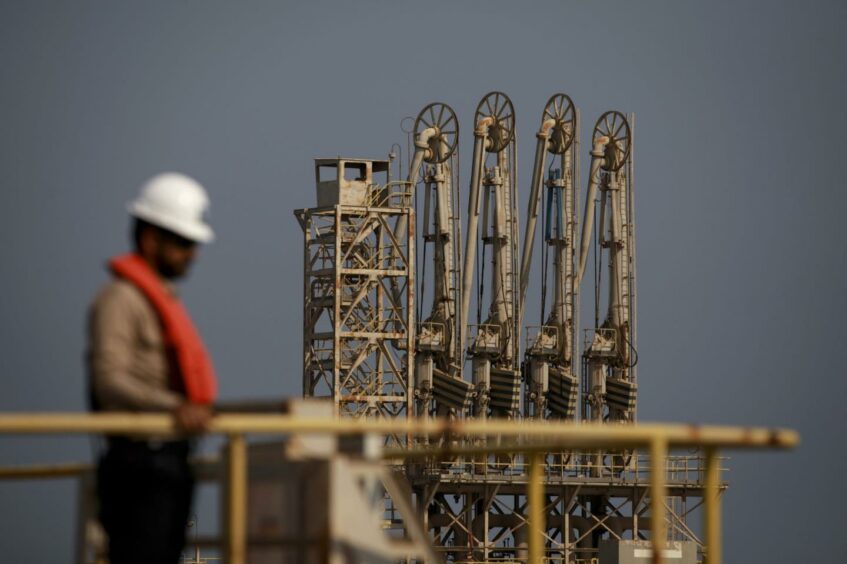 © Simon Dawson/Bloomberg
© Simon Dawson/Bloomberg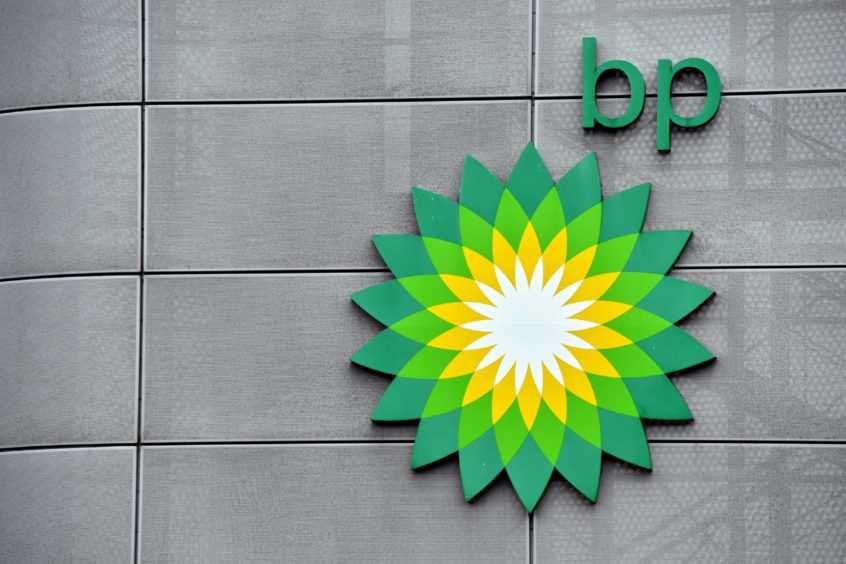 © PRESS AND JOURNAL
© PRESS AND JOURNAL